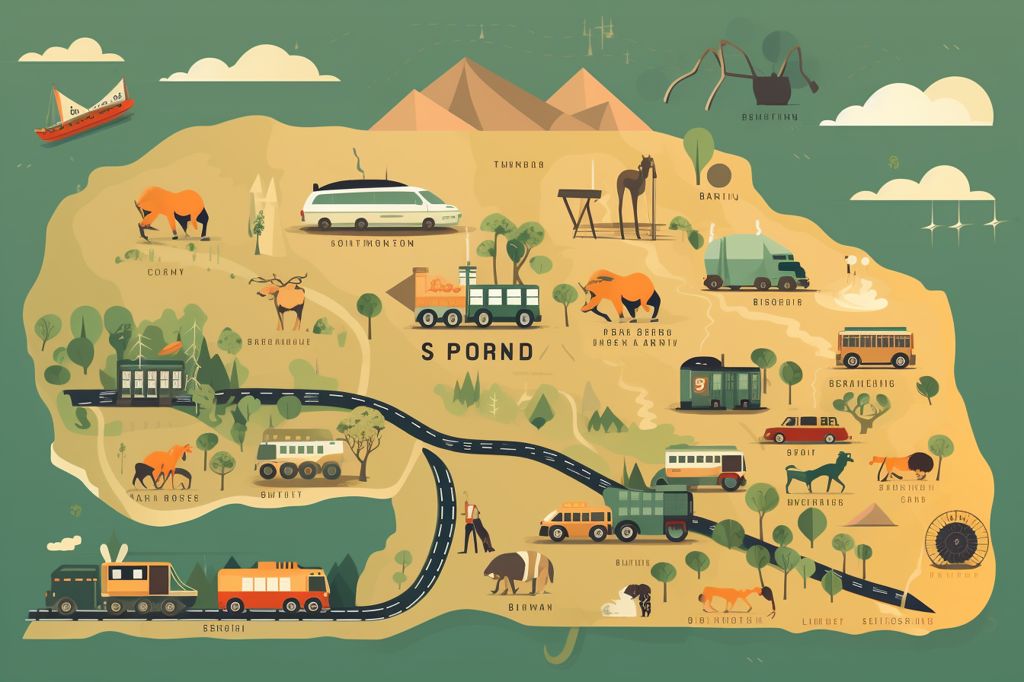Deputy President Paul Mashatile addressed the nation on August 4, 2023, during the National Dialogue on Coalition Governments held at the University of the Western Cape. The event brought together representatives from different sectors of society, including political parties, academic institutions, and leaders of organized labor and business. It marked the first time that such diverse leadership had convened to deliberate on the issue of coalition governments in South Africa.
The Need for Dialogue on Coalition Governments
While the need for dialogue on coalition governments is not a recent development, this is the first instance where the country’s leadership has come together to reflect on and address the challenges associated with them. In recent years, some metropolitan municipalities have experienced distressing scenes that could have been avoided had a consensus on promoting democracy been established earlier.
Importance of Accountability
Accountability is essential in governance, and its absence can compromise the entire process. In South Africa, political infighting can often overshadow the real issues, leading to detrimental impacts on citizens’ well-being. The country’s global image also suffers as a result.
Fidelity to National Interest
The national dialogue aims to establish fidelity to the national interest, ensuring that the focus remains on fulfilling the constitutional mandate of building a democratic, non-racial, non-sexist, and prosperous society. The discussion paper, “A Policy Framework Towards Stable Governance,” highlights that coalitions are a direct expression of the electorate’s choice and democracy in action.
Challenges Associated with Coalitions
The paper identifies challenges in the local government sphere, such as inadequate revenue, lack of skills, and the substitution of public interest with self-interest. While there is a correlation between the collapse of coalition governments and the turbulence they experience, it does not imply causality. However, deliberate and frequent coalition collapses at the local government level could be minimized, resulting in a healthier and more stable municipal administration.
Issues Plaguing Recent Coalition Experiences
Various issues have plagued recent coalition experiences in South Africa’s local governments and major metropolitan municipalities, including opportunistic political behavior, monetization of votes, patronage, and power struggles. These factors are exacerbated by the continued racial imbalances in the distribution of opportunities, wealth, poverty, and unemployment, as well as an economy that has failed to grow sufficiently over the years.
Framework for Coalitions
The government has proposed a framework for coalitions, which includes principles such as a commitment to a non-racial, non-sexist, democratic and prosperous society, good governance, and zero tolerance for corruption. It is essential to note that South Africa needs a growing economy to promote social and political stability, state and nation-building, regardless of whether there are coalitions in any sphere of government.
Importance of National Conversation
This national dialogue marks the beginning of a broader conversation that must spread across the nation, addressing the critical question: how to better serve the people of South Africa. Attendees are encouraged to look back, look forward, and learn from the past to build a better future, as the University of the Western Cape’s motto, “Respice Prospice,” suggests.
As the dialogue unfolds, the nation looks back on the wise words of President Nelson Mandela: “It seems impossible until it is done.” South Africa’s future depends on its ability to come together and create a nation based on shared dreams and aspirations.








